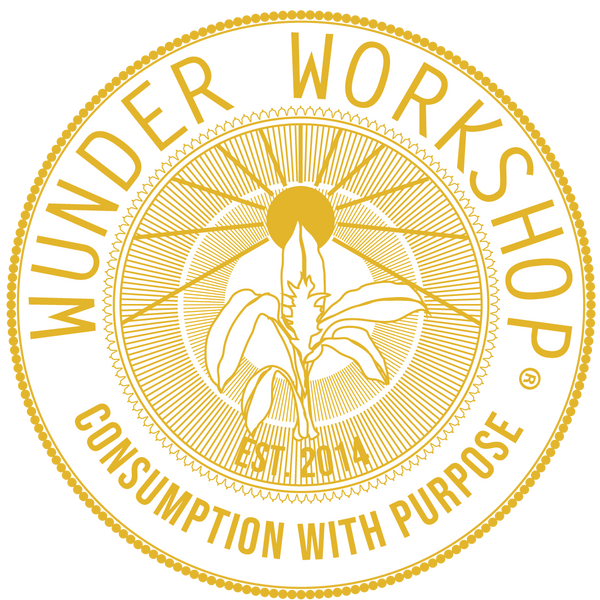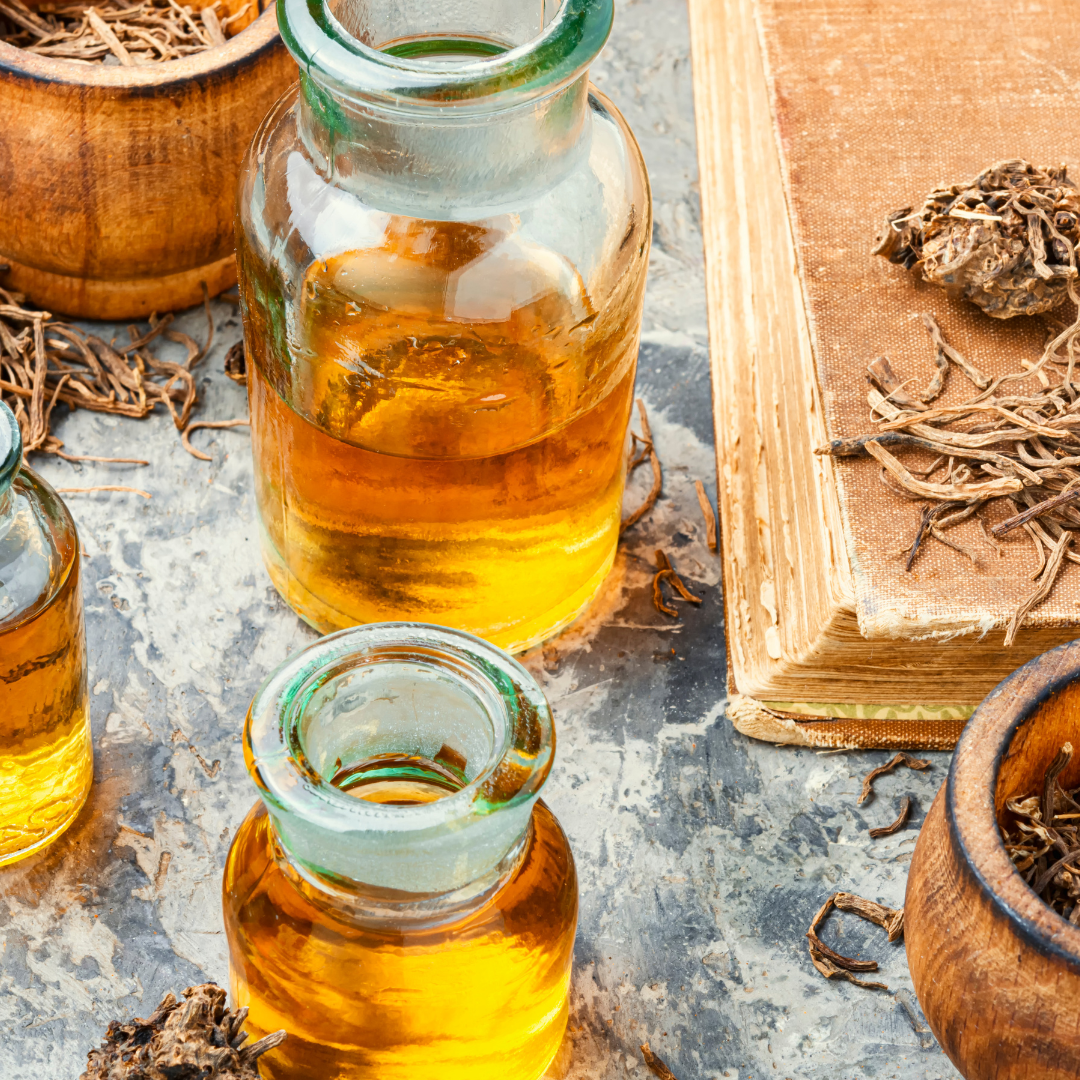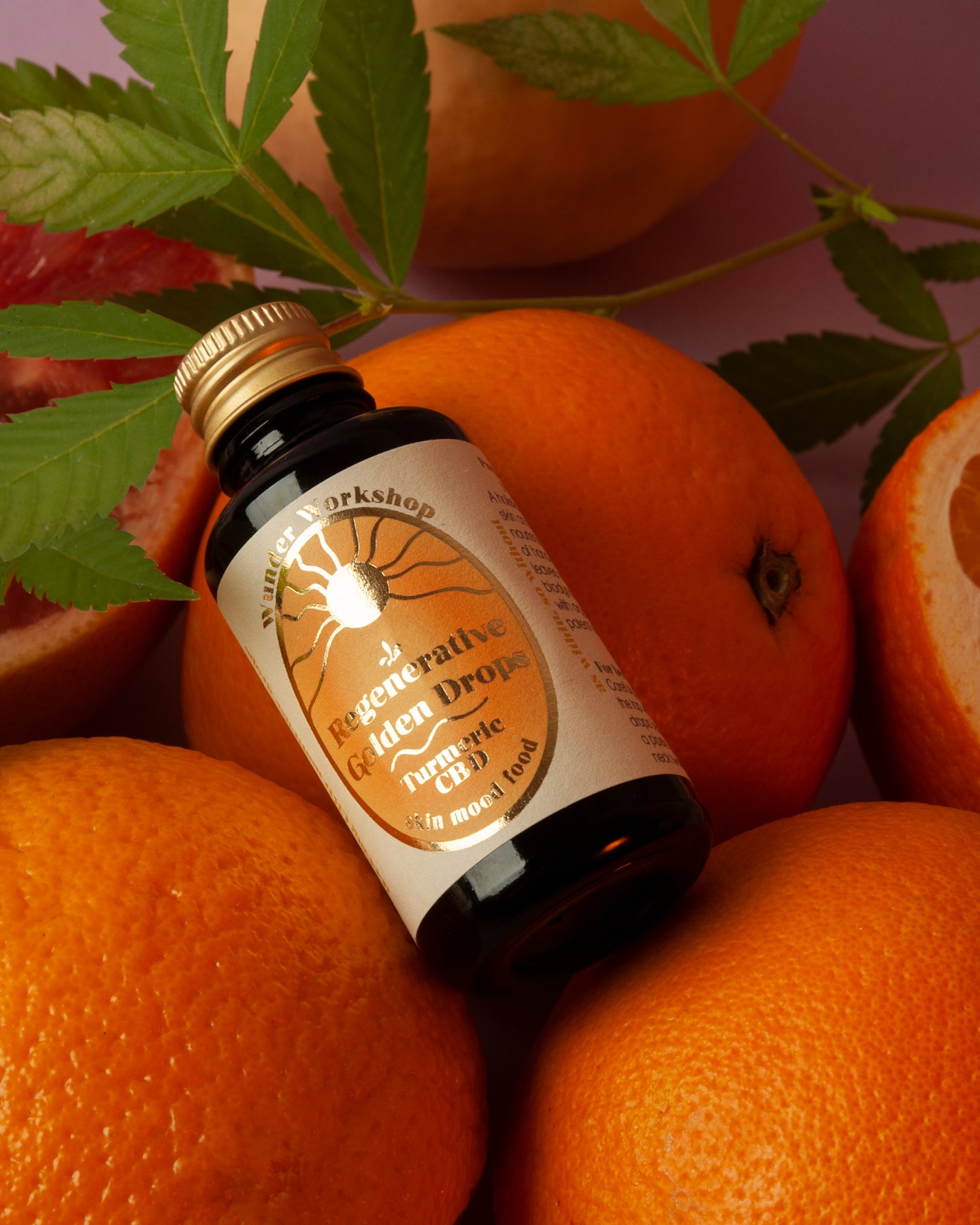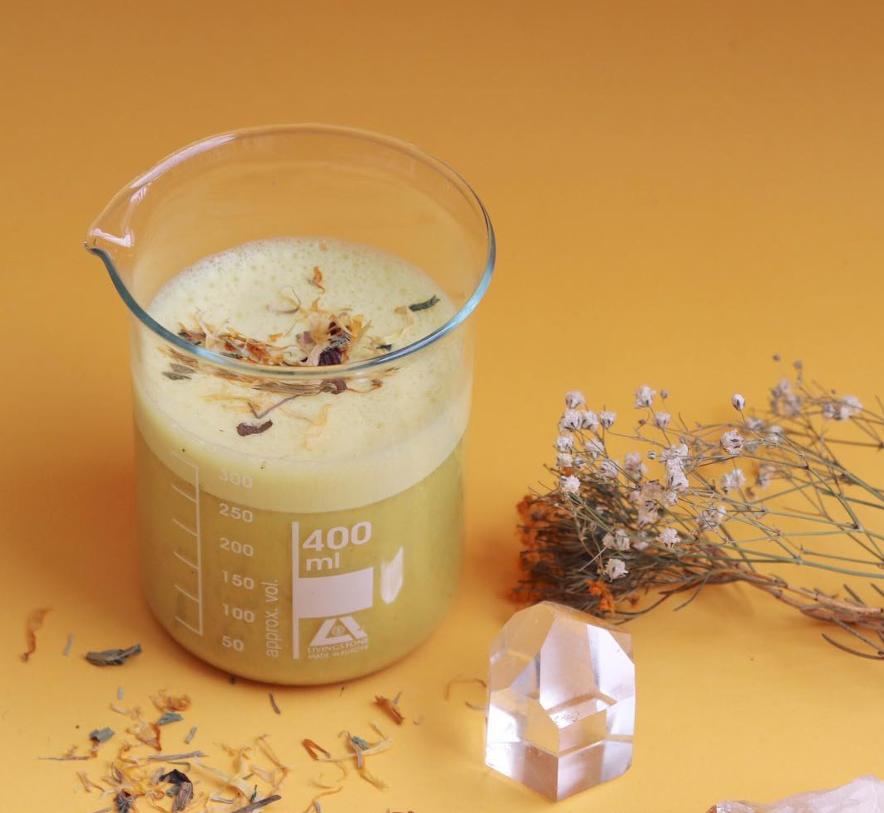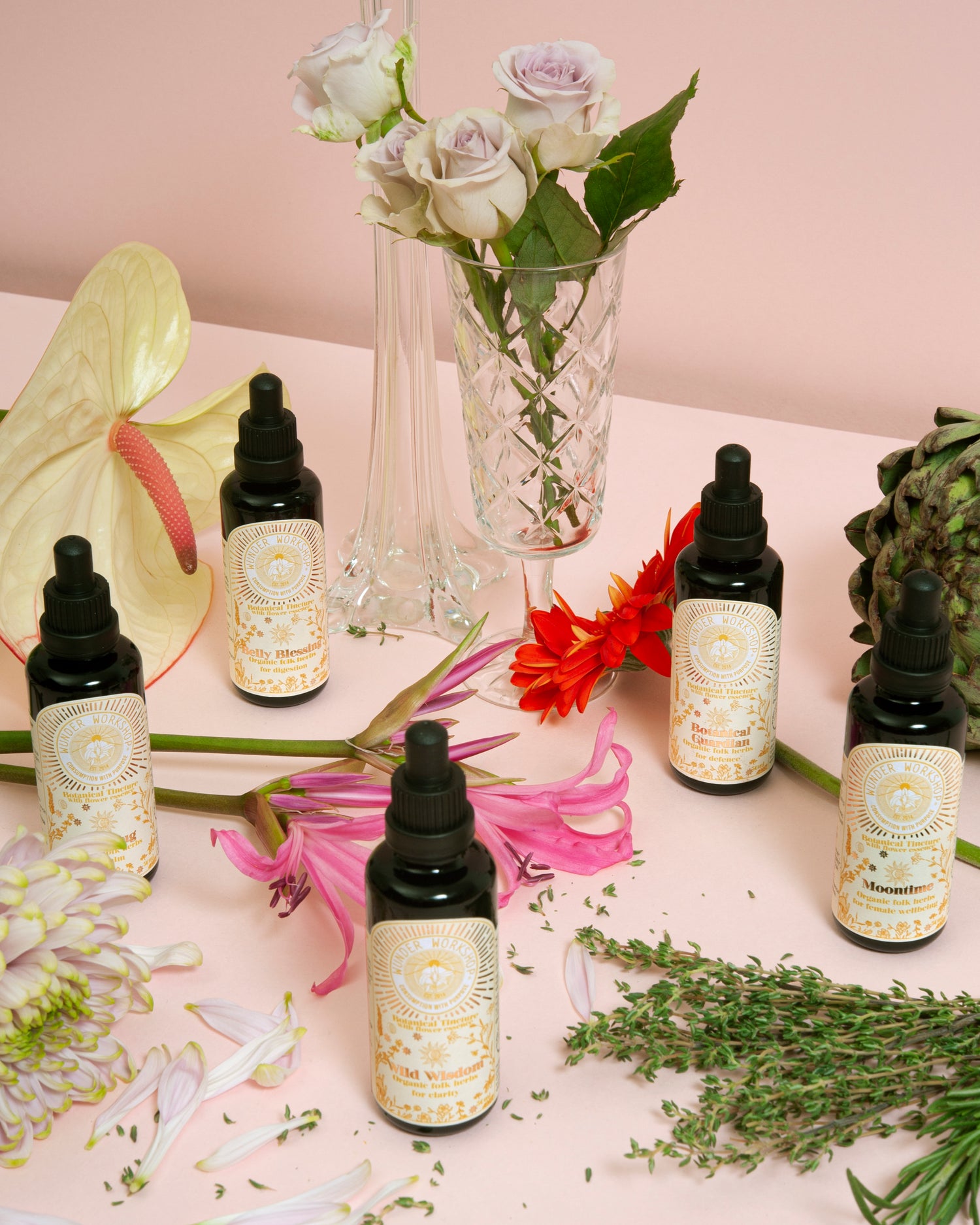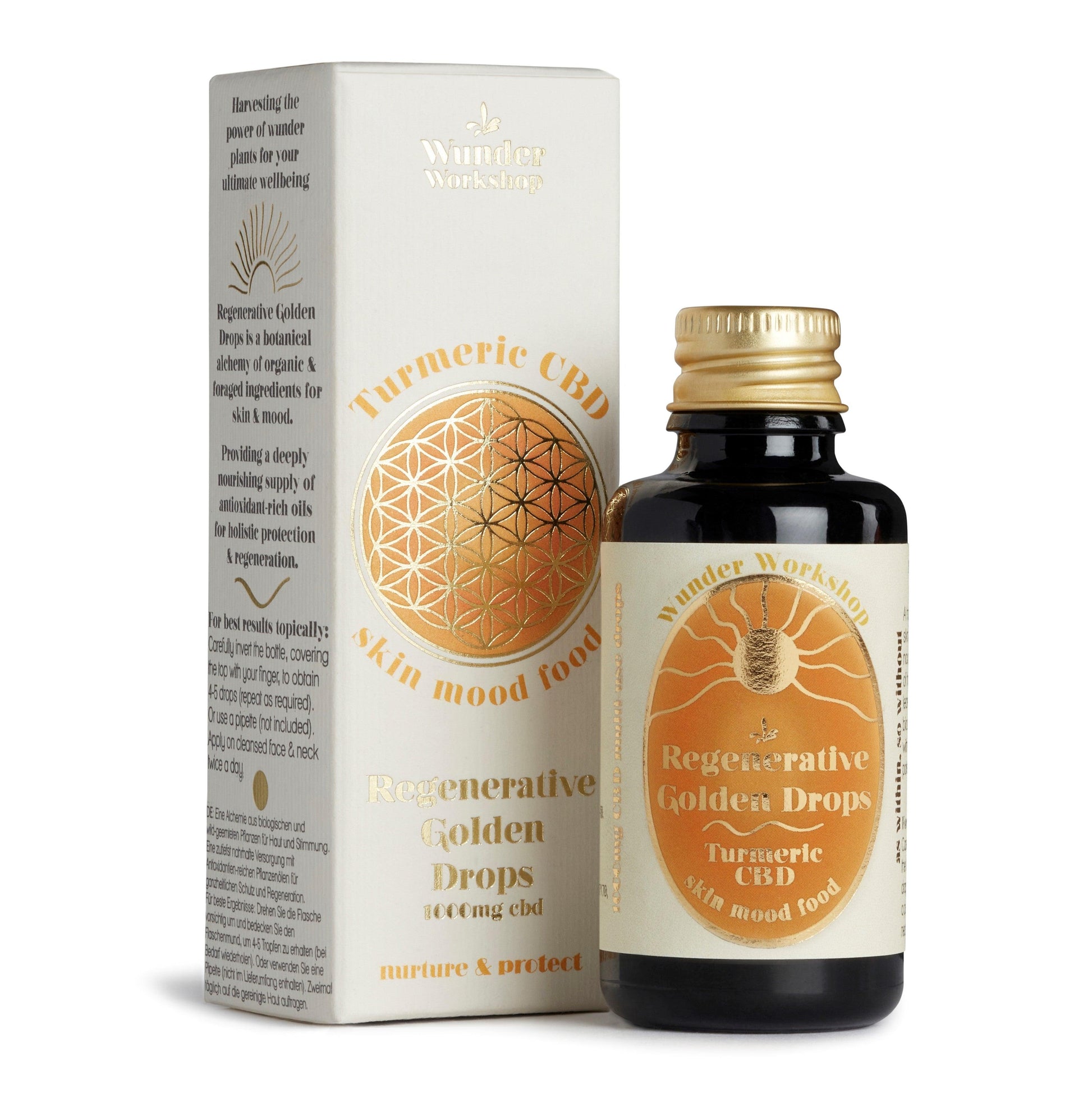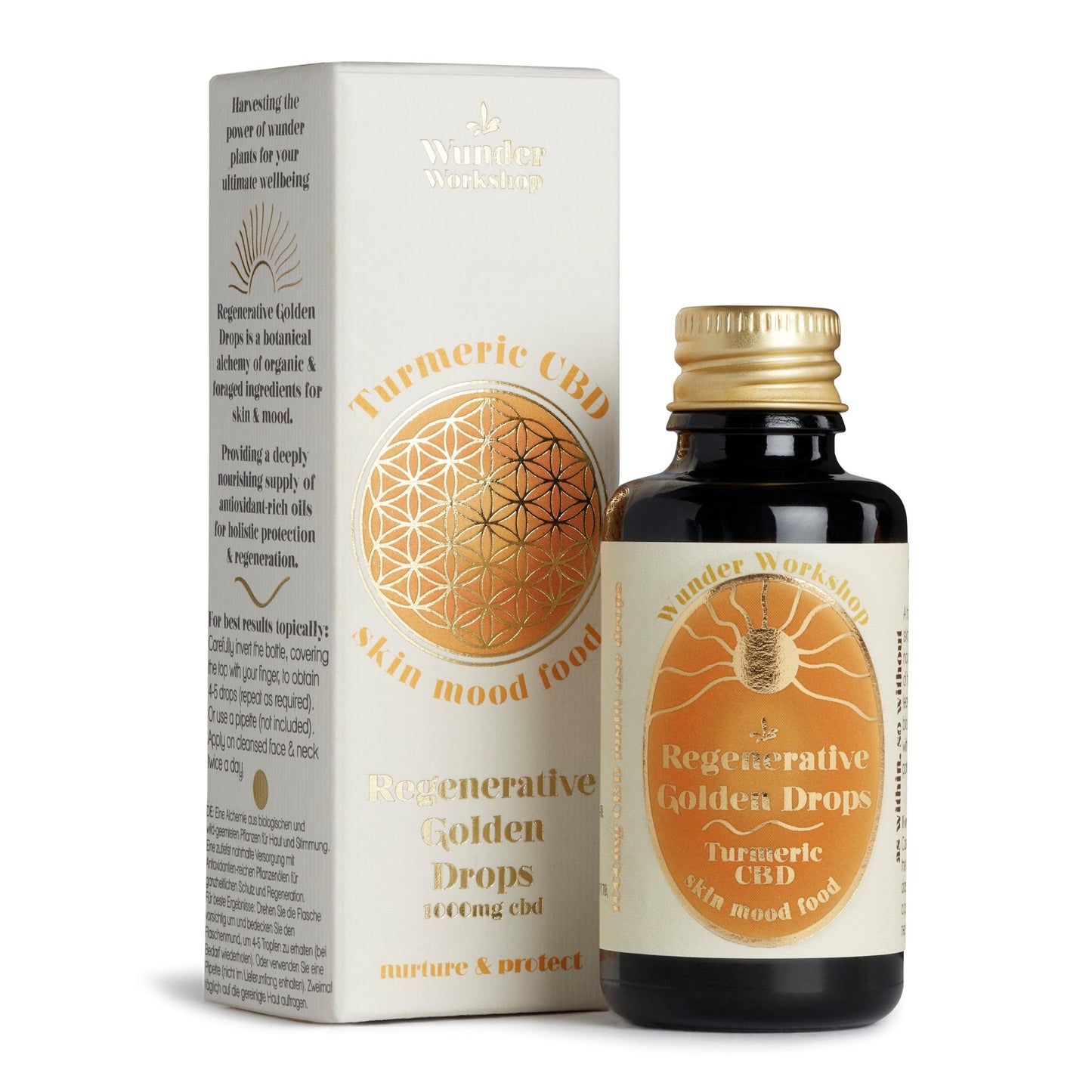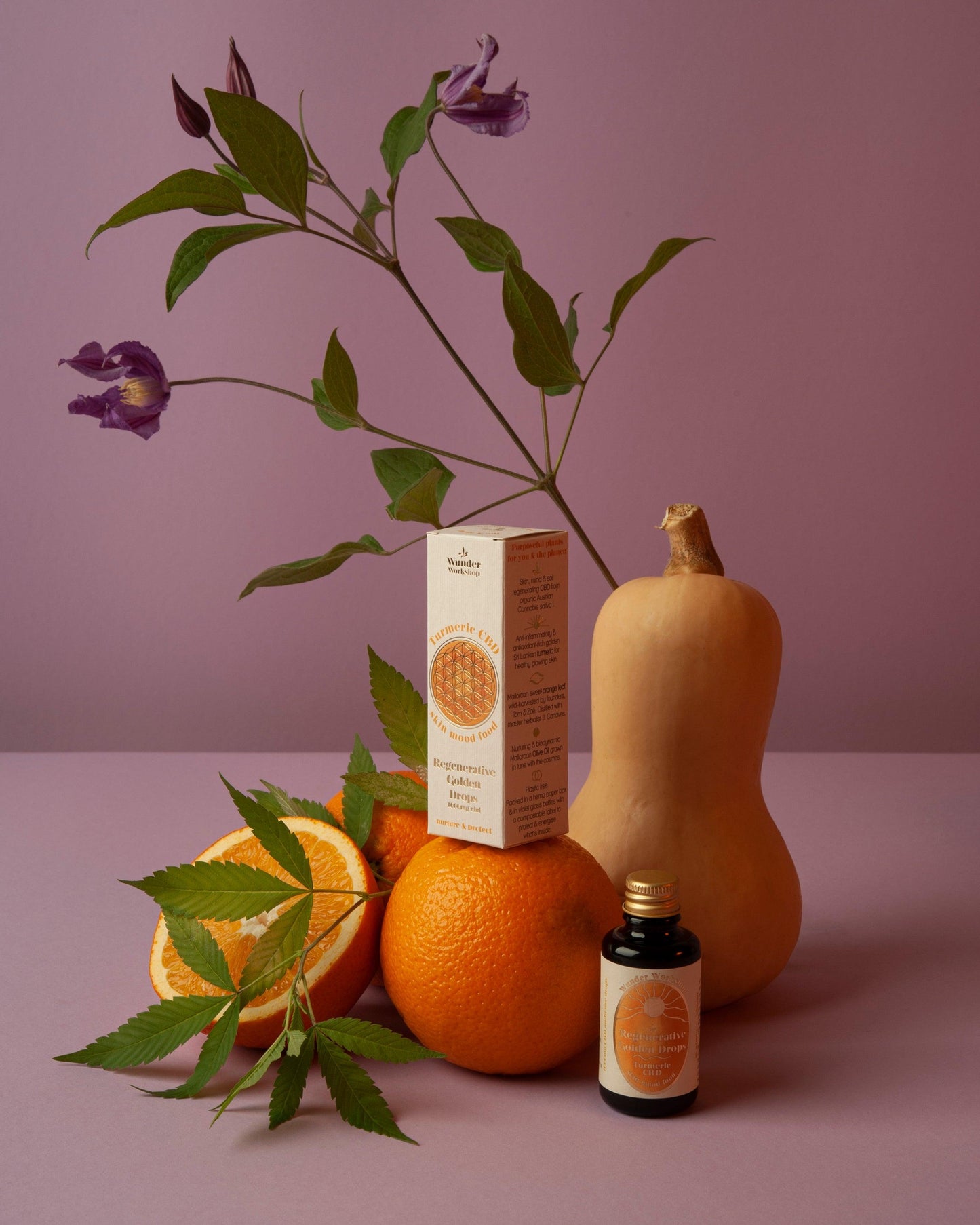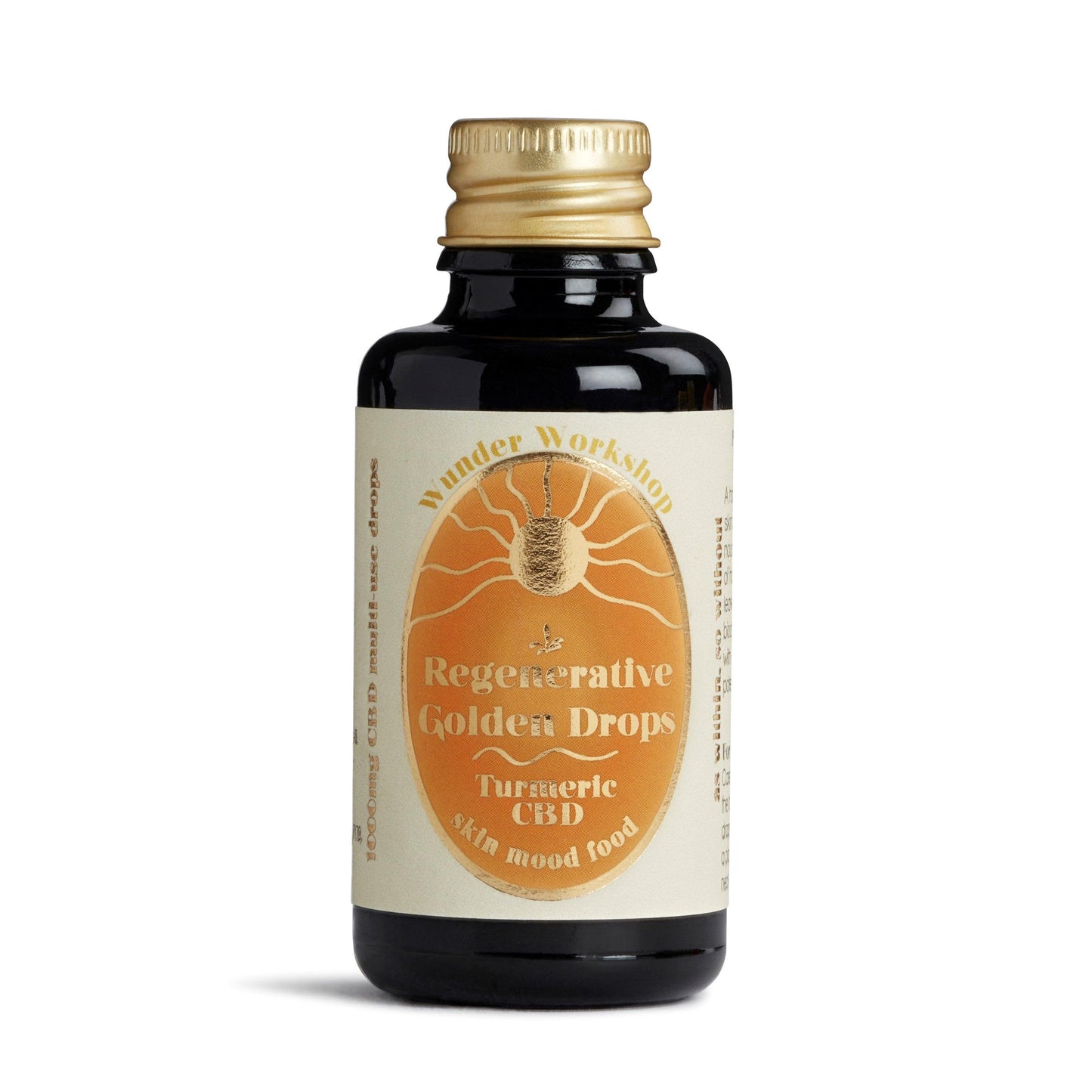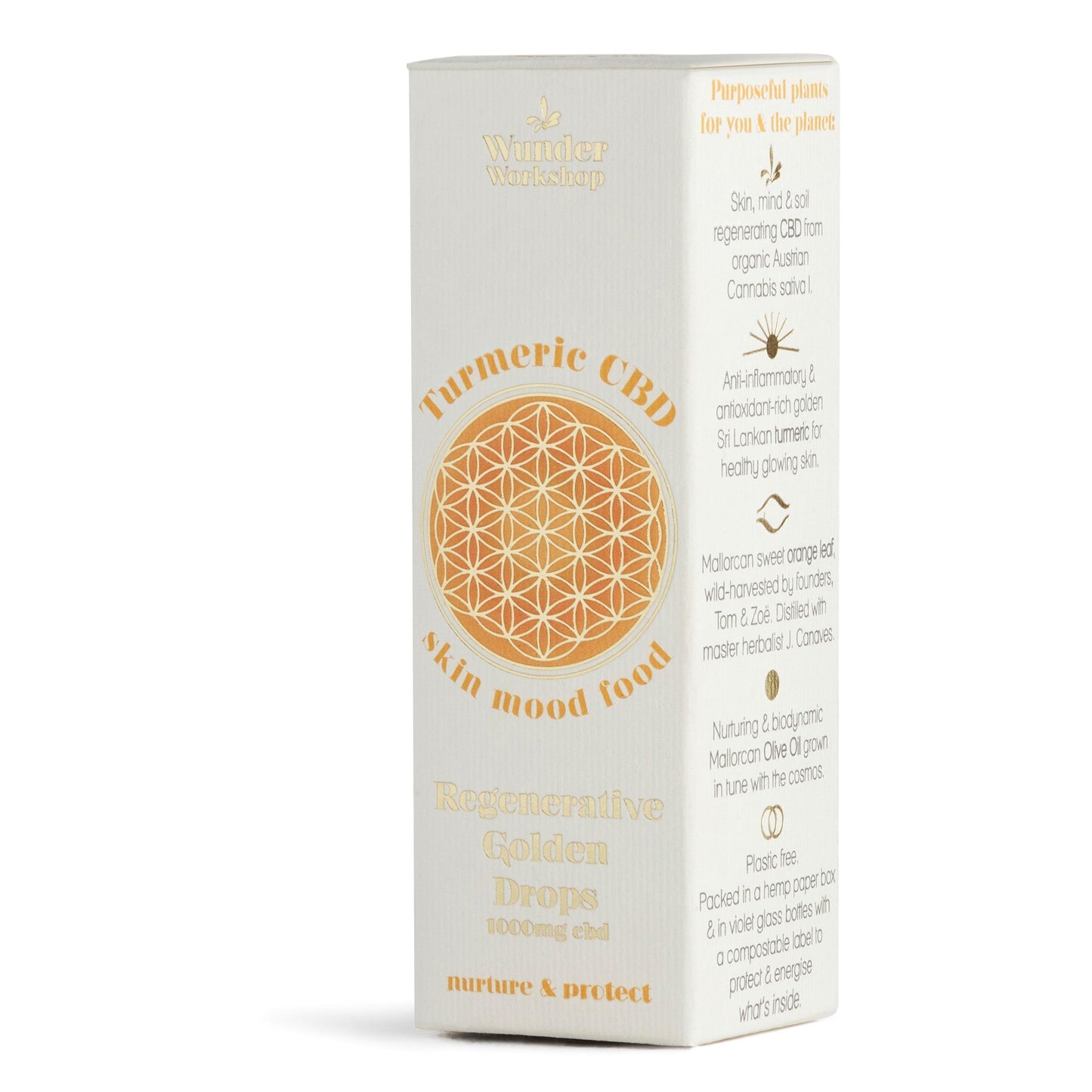A History:
Herbal tinctures have a long history dating back to ancient times, where they were used to extract the medicinal properties of plants. The practice of using tinctures, also known as extractions, can be traced back to the early Egyptians and Greeks, who used them to prepare remedies for various ailments. You can imagine that as soon as alcohol was discovered for the first time it was combined with various herbs in line with our innate curiosity. This method of making tinctures has changed little over the centuries, with the basic process of steeping herbs in alcohol to extract their medicinal compounds remaining largely unchanged.
Of course, though, there are many ways to extract the beneficial compounds from herbs - hot water, vinegar, and honey are all ways that we extract from herbs on a regular basis.
Process:
Herbal tinctures however, are made by steeping herbs in a solution of alcohol and water. The plant material is placed in a jar and covered with a mixture of alcohol and water. The ratio of herbs to liquid can vary significantly depending on the herb that is being used and more often than not the physical constraints imposed by it. Between 1:2 and 1:5 (herbs to liquid) is the most typical extraction ratio.
The jar is then sealed and left to steep for a period of time, which also varies from 2-8 weeks depending on how fibrous a herb is and how difficult it can be to extract. During this time, the alcohol and water solution will extract the medicinal compounds from the herbs, creating a potent extract. Once the steeping process is complete, the liquid is strained and the remaining liquid is the tincture.
What's great about tinctures is that they preserve these beneficial herb nutrients for a long time and can be kept in your cupboard even after being used multiple times.
The type of alcohol used in the tincture-making process can vary, with the most common types being ethanol and methanol. Ethanol, also known as grain alcohol, is the most commonly used alcohol in tincture-making. It is a clear, colorless liquid that is derived from fermented grains such as corn, wheat, and barley, it is also made from cane sugar. The high alcohol content, typically between 40-60% is what is required to fully extract the herb material. An alcohol content less than this has much less extraction potential and a shorter shelf life. Ethanol is also a good solvent for extracting a wide range of compounds from herbs, making it an ideal choice for tincture-making.

Methanol, on the other hand, is a type of alcohol that is derived from wood and is not commonly used in tincture-making. It is a toxic alcohol and should be avoided.
In addition to ethanol, there are also other types of alcohol that can be used in tincture-making such as brandy, which is made from wine and has a higher alcohol content than ethanol, and glycerin, which is a sweet, syrupy liquid that is derived from vegetable oil.
So what are the differences, the pro's and con's of using alcohol vs. glycerin when choosing on a herbal tincture.
Alcohol for Tinctures:
Firstly, alcohol is a good solvent for extracting a wide range of compounds from herbs. It is able to extract a greater variety of compounds and in higher concentrations than glycerin. Secondly, alcohol-based tinctures are more shelf-stable than glycerin-based tinctures, which means they can be stored at room temperature and have a longer shelf life. Finally, alcohol is more accessible and less expensive than glycerin.
A question that we frequently receive is whether alcohol based tinctures can be used for children and the answer is yes - in very small doses at the parents' discretion. "Typical doses of herbal medicines for children aged 6–12 years contain 0.07–0.18 g ethanol, which is equivalent to, e. g., 31–75 ml of apple juice (with an ethanol content of 0.3 %), and is eliminated from the blood within 1–3 min. These doses lead to a maximum blood ethanol content of 0.008–0.015 g/l, calculated under assumption of the worst case scenario." (Reference)
So what might be the reason that an alcohol based tincture is not for you. As a powerful solvent alcohol should be consumed in small quantities and certainly no more than recommended on the bottle. Therefore, they should be handled with care and kept out of reach of children. Secondly, alcohol can extract the bitter compounds found in some herbs, which can make tinctures less palatable. There is a simple way around this of course, just add the drops to a glass of water or juice. Thirdly, it may not be suitable for people who are sensitive to alcohol or who cannot consume it for religious reasons.
Glycerin-based Tinctures:
Let's start with the pros of using glycerin to make tinctures. Firstly, glycerin is a non-toxic solvent, which makes it a safer alternative to alcohol, and there's less to be mindful of when dosing to children and pregnant women. Secondly, glycerin is a sweet, syrupy liquid that is derived from vegetable oil. It does not extract the bitter compounds found in some herbs, which can make tinctures more palatable. Finally, it is a good alternative for people who are sensitive to alcohol and cannot consume it.
However, there are also a few negatives for using glycerin to make tinctures. Firstly, glycerin is not as effective as a solvent as alcohol. This means that it may not extract all of the medicinal compounds from the herbs and the dose would have to be higher to achieve the same level of potency than an alcohol based tincture. Secondly, it is not as shelf-stable as alcohol-based tinctures, which means that they need to be stored in the refrigerator and used within a shorter time frame - typically 3 months after first use. Thirdly, glycerin-based tinctures are typically more expensive than alcohol and may not be as accessible to some people.
In conclusion, both glycerin and alcohol have their pros and cons when it comes to making herbal tinctures. Glycerin is a non-toxic solvent that is a good alternative for people who are sensitive to alcohol, while alcohol is a good solvent that is more shelf-stable and less expensive. Ultimately, the choice between the two solvents depends on your personal preferences and needs.
It's important to note that when making tinctures, it's essential to use high-proof, food-grade alcohol, and to make sure the herbs are organic and free of pesticide. Always consult with a healthcare practitioner before consuming any herbal tinctures, especially if you are pregnant, nursing, or taking any medications.
Enjoyed this article or have any questions? Please reach out to us at hello@wunderworkshop.com

Written by Tom Smale, co-founder of Wunder Workshop
